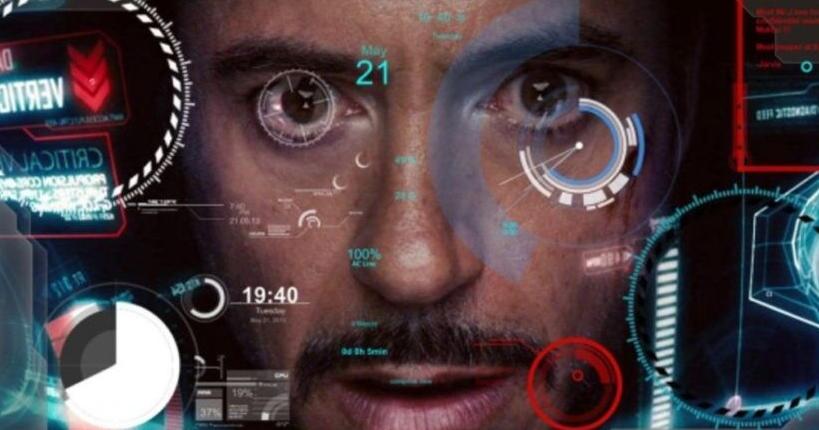Not Just Online, In Control: Why Women's Digital Agency Matters
By Lauren Hendricks, President & CEO, Trickle Up
In the race to close the digital divide, the conversation has long been centered around access: who has a device, and who can get online? But as we step deeper into the digital age, it’s time we asked a more urgent and transformative question: who controls their digital experience?

An economic inclusion coach teaches a woman in rural India how to use a smartphone for her business.
Trickle UpWhile digital inclusion refers to access (using a device, using the internet, and connecting to a network), digital agency takes it one step further. Digital agency is about control, choice, and empowerment: the ability to decide how, when, and why digital tools are used. But for millions of women around the world, digital agency remains elusive.
Globally, 2.6 billion people remain offline, with women disproportionately affected. Women are 23% less likely than men to use the internet, and in regions like South Asia and Sub-Saharan Africa, the gap is even wider—32% and 29%, respectively, according to GSMA’s Mobile Gender Gap Report 2025. This isn’t just a question of technology; it’s a question of power.
Pushpanjali Baccha teaches her neighbor how to use an app to help her business thrive.
Trickle UpIn low- and middle-income countries, 63% of women use mobile internet compared to 74% of men, leaving 235 million fewer women connected than men. Smartphone ownership mirrors this disparity: 61% of women own smartphones versus 71% of men, a gap that translates to 230 million women without smartphones. These statistics represent more than numbers; they reflect lost opportunities.
Even when women own devices, they may lack true autonomy. Many access the internet only on devices controlled by someone else: a husband, a father, or a shopkeeper. In Pakistan, 35% of female mobile internet users don’t possess their own internet-enabled phones, compared to just 6% of men. This dependence curtails privacy, limits use, and reinforces existing gender norms.
Two participants of an economic inclusion program use digital apps to build their businesses.
Trickle UpIn my work with women in Uganda, I realized that agency for them also meant being able to use digital tools for purposes they chose. I saw too many digital training programs that taught women to perform specific tasks (like sending mobile payments) that served someone else’s goals. And I kept asking myself: are we equipping them to do what they want? To seek out new markets? To read up on their rights?
Again and again, I watched women use their phones to seek information on sexual and reproductive health—resources that were rarely available offline or accessed safely and privately. Real digital agency means giving women the ability to explore what matters to them. The women in these communities are isolated, often staying within the bounds of their villages and disconnected from global conversations. With such limited access to outside information, a phone and internet access means access to an entirely new world.
When women are excluded from digital spaces, the ripple effects are enormous. They miss out on critical information to improve their health, education, and livelihoods. They’re cut off from community groups, online markets, and learning opportunities. And perhaps most damaging, they are denied the tools to shape their own future.
Business owners in rural India use Google Pay to receive payments for goods and services.
Trickle UpAs research by Philip Roessler and others has shown, access to mobile phones can reduce poverty and increase women’s bargaining power within households, shifting long-entrenched gender dynamics. But that’s only if women truly control the tool.
To close the digital gender divide, we must stop thinking of access as the finish line, and instead strive for agency.
We must invest not just in hardware and data packages, but in skills, confidence, and social change. That means challenging the norms that view a girl with a phone as promiscuous, or punishing a woman for using a device her husband doesn’t approve of. It is essential to ensure privacy, safety, and access to information that can change lives.
Digital agency is the key to unlocking the full potential of the world’s women. It’s how we transform connectivity into an active catalyst for equality, giving every woman the power to decide her digital path and the freedom to walk it.
This is a content marketing post from a Forbes EQ participant. Forbes brand contributors’ opinions are their own.











